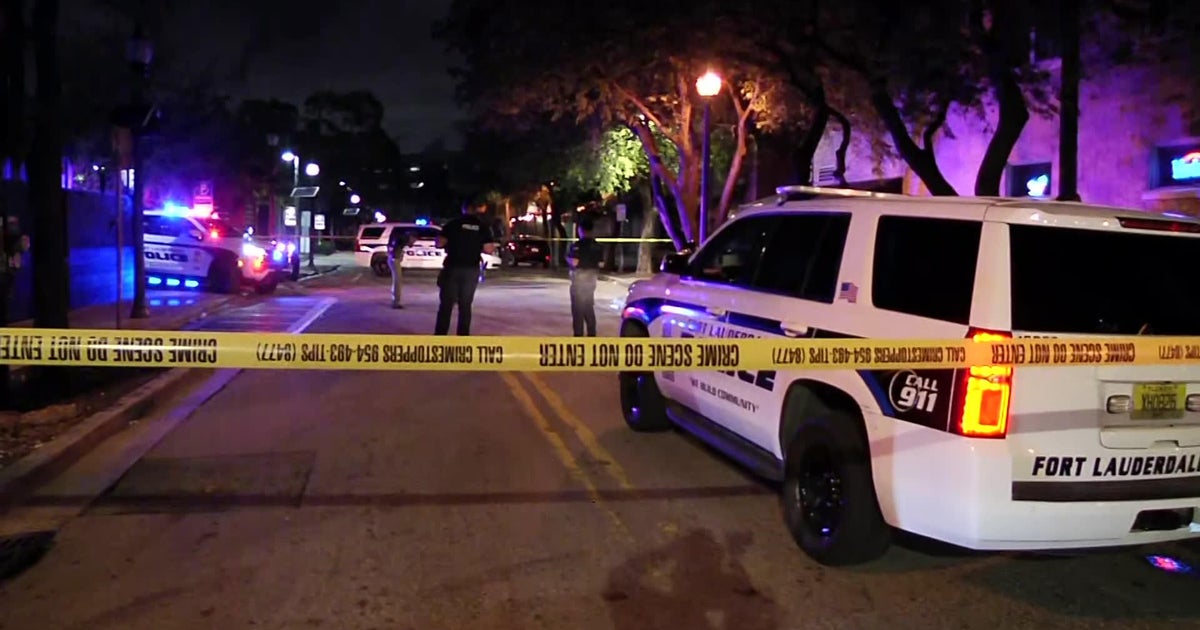Emerging Cardio-Oncology Field Targets Heart Disease Risks In Cancer Patients
MIAMI (CBSMiami) – Millions of breast cancer survivors have had their lives saved as a result of early detection and treatment, but those therapies can harm other parts of the body, including the heart.
In fact, heart disease is the number one cause of death among breast cancer survivors.
Now, an emerging field called cardio oncology is growing to allow cardiologists and oncologists to work together to monitor women.
Four months into her fight against stage 2 breast cancer, Andrea Cianfrani learned she had a new health challenge to conquer.
After recovering from a mastectomy, Cianfrani received chemotherapy to attack her breast cancer not knowing that it was also attacking her heart.
"It was a little bit of a surprise because… I wasn't feeling anything," she said.
An echocardiogram revealed the 40-year-old was in heart failure, and was among the tens of thousands of breast cancer patients who develop heart disease each year.
Dr. Chau Dang, Cianfrani's oncologist at Memorial Sloan Kettering, teamed up with a cardiologist to prescribe medication to protect Cianfrani's heart so she would be strong enough to finish chemotherapy.
"Cardio oncology is a field that is growing. We're all working very well together to take care of our patients, not only to improve their cancer outcomes as they survive, but to improve their cardiovascular outcomes as they age," Dr. Dang said.
Breast cancer treatment puts the heart at risk in several ways. Chemotherapy can damage the heart muscle that pumps blood, leading to heart failure.
And radiation can disrupt normal heart rhythm, damaging both the lining around the heart and the heart valves.
But the biggest risk from radiation is the development of early and accelerated coronary artery disease, which raises the risk of heart attack.
While some women have no symptoms, others experience shortness of breath, chest pain or decreased ability to exercise.
"What we should not be telling our patients is don't get the very treatments that make you beat the cancer in the first place," said Dr. Javid Moslehi, the director of cardio oncology at Vanderbilt University Medical Center. "The treatments are effective, the oncologists have determined that they work well, but now the issue is how we give the drugs more safely."
Three years after completing treatment, Cianfrani's heart is strong again, but she will be monitored for any lingering or delayed effects of the chemotherapy for the rest of her life.
Doctors now routinely give patients a detailed record of their chemo and radiation dosages to keep for future monitoring.



